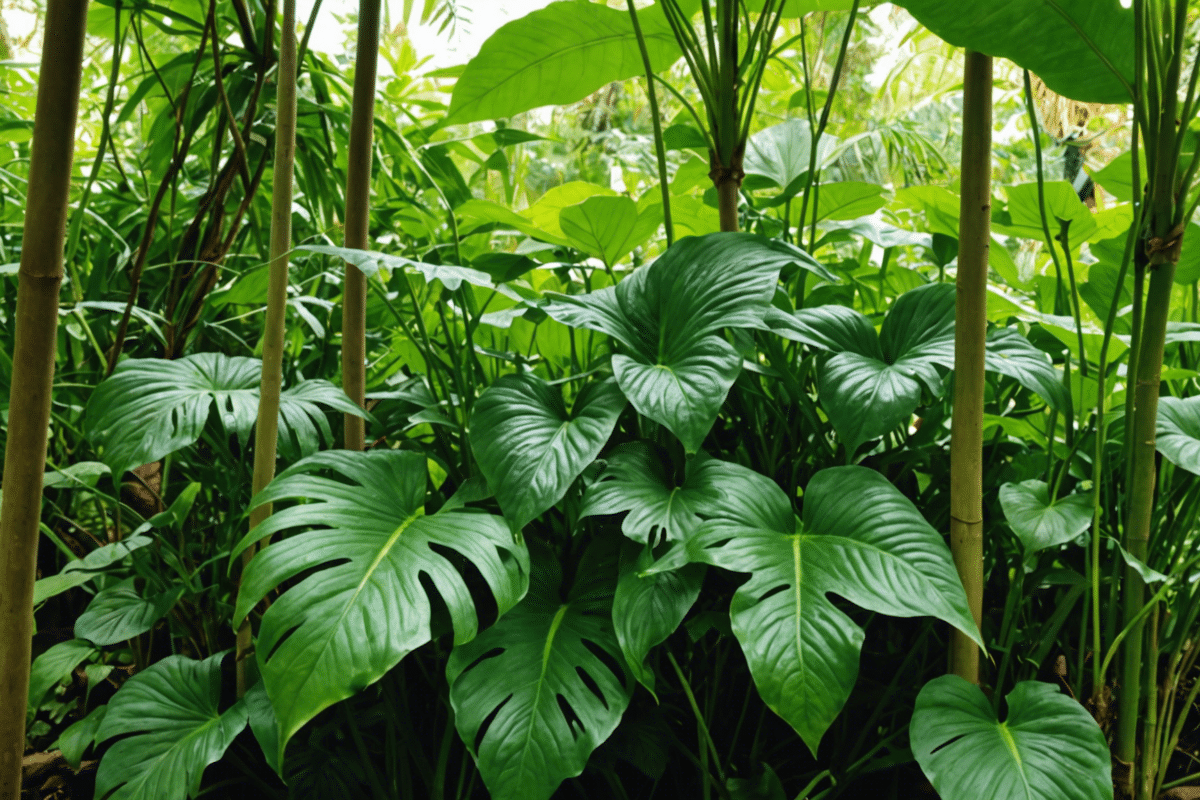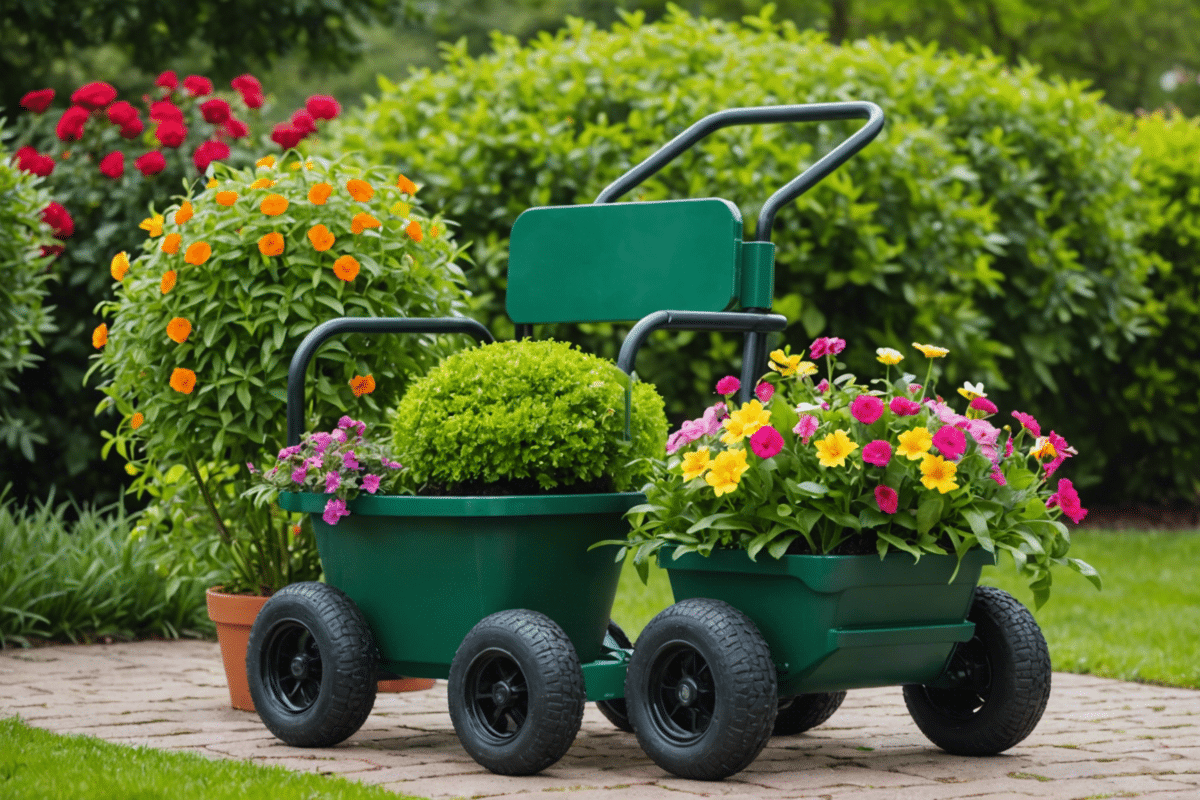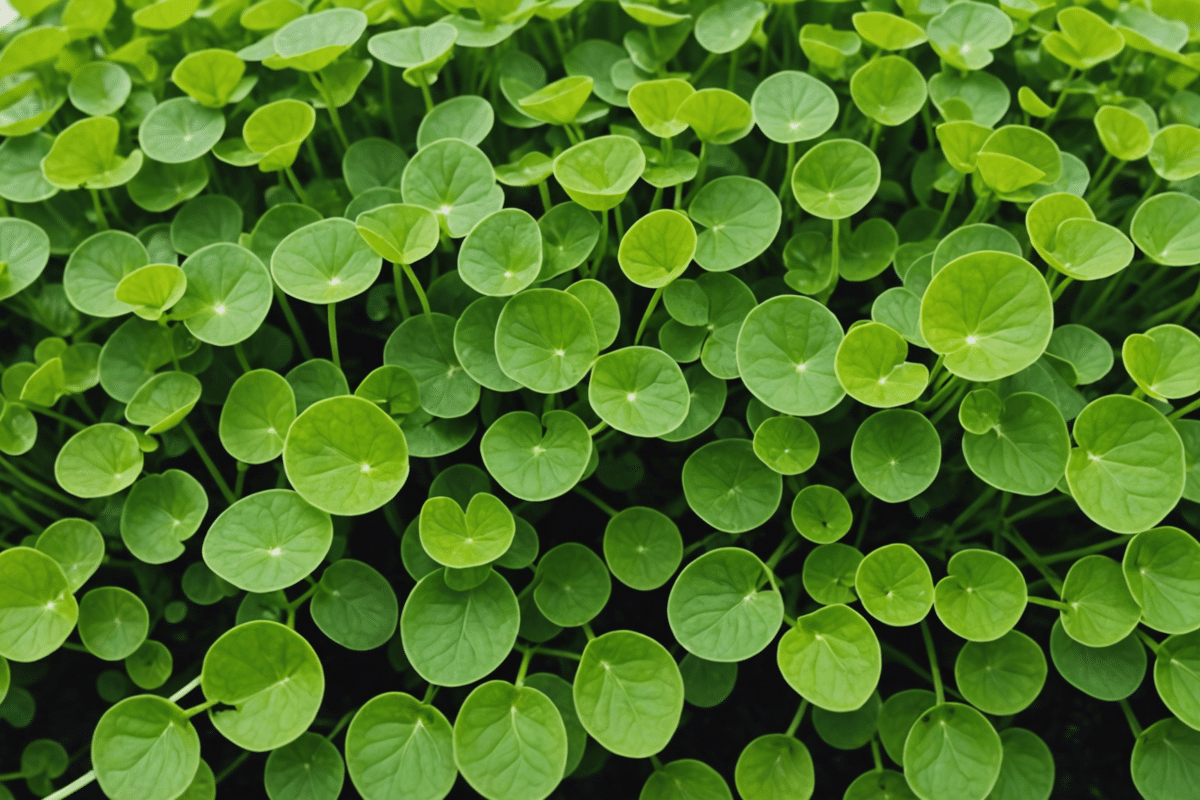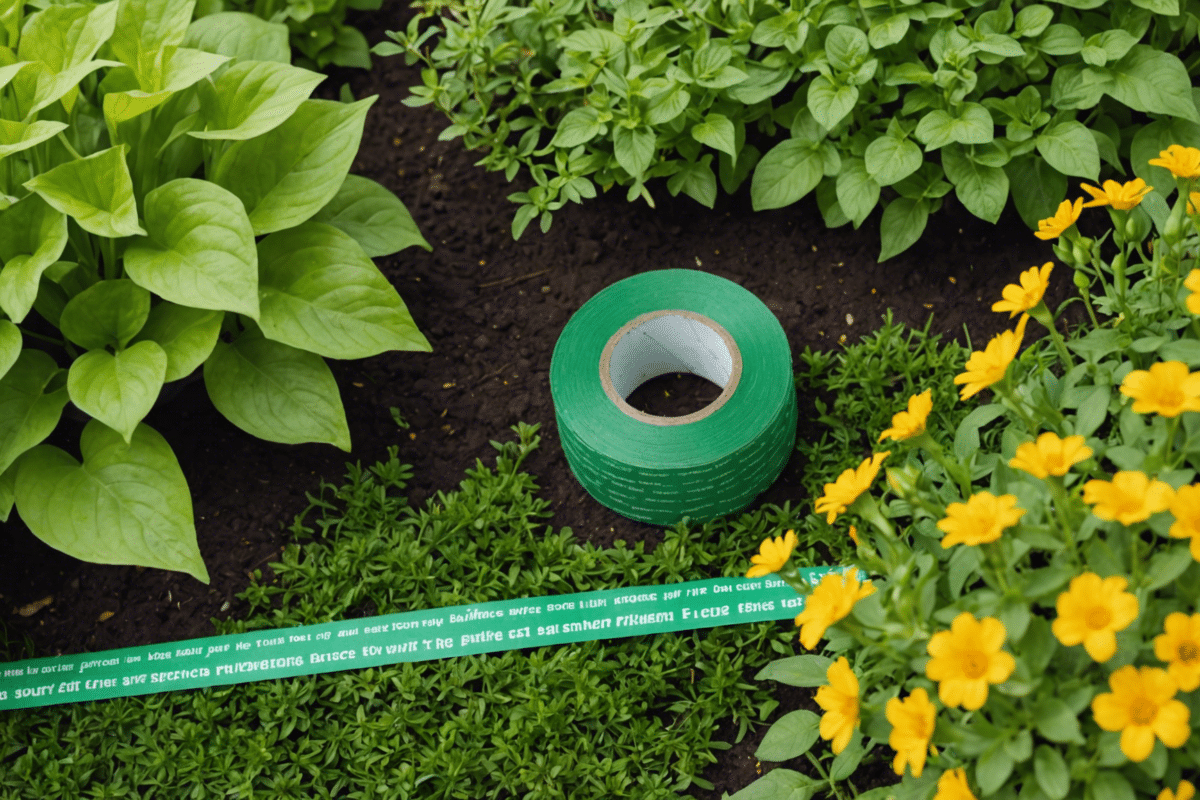Content
Gardening enthusiasts and eco-conscious individuals are increasingly looking at sustainable ways to enrich their gardens and contribute to ecological preservation. Amongst various plant species, bamboo, with its hardy nature and swift growth, occupies a unique space in the realm of ecological sustainability. Through the cultivation of bamboo seeds, one can witness an intersection of environmental conservation, economic benefit, and aesthetic appeal.
Growing Bamboo: An Ally to the Environment

Bamboo is often celebrated for its rapid growth and ability to thrive in diverse climates. The planting of bamboo seeds marks the inception of a plant known for its efficient carbon sequestration capabilities. Unlike other trees that may take decades to mature, bamboo can reach full height within a few months and become fully mature in three to five years. This rapidity not only means a quicker return on investment for those cultivating it but also a speedier contribution to carbon dioxide absorption from the atmosphere.
The Versatility of Bamboo in Sustainable Practices
The uses of bamboo stretch far beyond its visual charm in a garden. Being a highly versatile material, bamboo has found its way into the heart of sustainable practices. Its fibers are being used to produce eco-friendly textiles, reducing reliance on synthetic materials that are detrimental to the environment. Also, its usage in the creation of eco-friendly jewelry and bamboo-based products showcases its potential in transforming traditional industries towards more sustainable practices.
The Role of Bamboo in Soil Erosion Prevention
Soil erosion is a formidable environmental challenge, but the planting of bamboo can provide an effective solution. The robust root systems of bamboo plants make them ideal for stabilizing soil and preventing erosion, especially on slopes and riverbanks. Cultures such as the Mising community in Assam have leveraged architectural designs that incorporate bamboo due to its resilience against natural disasters like floods.
Bamboo Seeds: Enhancers of Biodiversity
Embracing bamboo seeds in your garden isn’t just about growing a plant; it’s about nurturing an entire ecosystem. Bamboo forests act as vital habitats for a wide range of wildlife. By adding bamboo to your garden, you encourage biodiversity, providing shelter and nourishment to various species. This becomes increasingly important as natural bamboo forests are facing challenges due to over-exploitation and land-use changes.
High-Quality Bamboo Seeds for the Avid Gardener
Selecting high-quality bamboo seeds is crucial for any gardener aspiring to build a sustainable landscape. Quality seeds enhance germination rates and plant health, leading to stronger bamboo groves. When considering the shelf-life of seeds, it’s essential to remember that bamboo seeds may come with a shorter viability period compared to other seeds. Therefore, procuring fresh, high-grade seeds should be a priority to ensure successful growth and ecological contribution.
- Opt for trusted suppliers known for sustainable and ethical practices.
- Consider the species of bamboo, as some might have more positive ecological impacts than others.
- Check for germination rates and storage instructions to maximize seed viability.
FAQ: Bamboo Seeds and Ecological Sustainability
Do bamboo seeds have an indefinite shelf-life like other seeds?
No, bamboo seeds tend to have a shorter viability window and should be planted soon after acquisition to ensure optimal growth.
Can bamboo cultivation really make a significant difference in carbon sequestration?
Yes, due to its rapid growth and large biomass, bamboo is effective in absorbing carbon dioxide, thus playing a significant role in combating climate change.
What practices should be avoided to maintain the sustainability of bamboo cultivation?
One should avoid over-harvesting and ensure that bamboo is sourced from responsibly managed forests. Practices such as clear-cutting can be detrimental to the surrounding ecosystem.
In the escalating dialogue surrounding ecological preservation, the role of bamboo seeds gains prominence. Simple yet transformative, sowing bamboo seeds is not just an act of gardening but a step towards nurturing our planet. As our society continues to evolve towards sustainability, bamboo stands tall as both a symbol and a soldier in the battle against environmental degradation, validating its rising popularity among those who hold the well-being of our Earth at heart.












